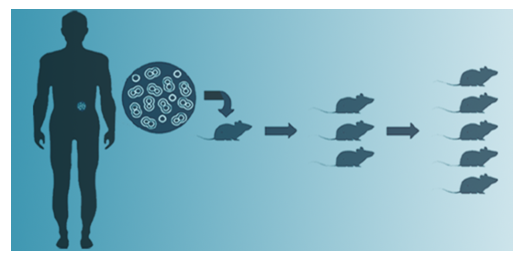PDMC Final Meeting
The last PDMC annual meeting was virtually held on Aug. 28, 2024. It highlighted the progress of the PDMC in the development and validation of patient-derived models for cancer biology. Additional information can be found in the meeting agenda.
NCI-Supported Resources Related to Patient-Derived Models
- PDX Finder – A comprehensive global catalogue of patient-derived xenograft (PDX) models and their associated data across resources
- NCI Patient -Derived Models Repository (PDMR) - A national repository of patient-derived models, including (PDXs), patient-derived tumor cell cultures and cancer associated fibroblasts, as well as patient-derived organoids
- PDXNet Portal – A database of PDX models, sequencing data, and PDX Minimum Information metadata tools generated by the PDXNet [inline link to NET Moonshot page] (which is funded by the Cancer Moonshot) for public use.
DCB Contact for the PDMC
For additional information about PDMC, please contact Dr. Konstantin Salnikow.
Past Projects
